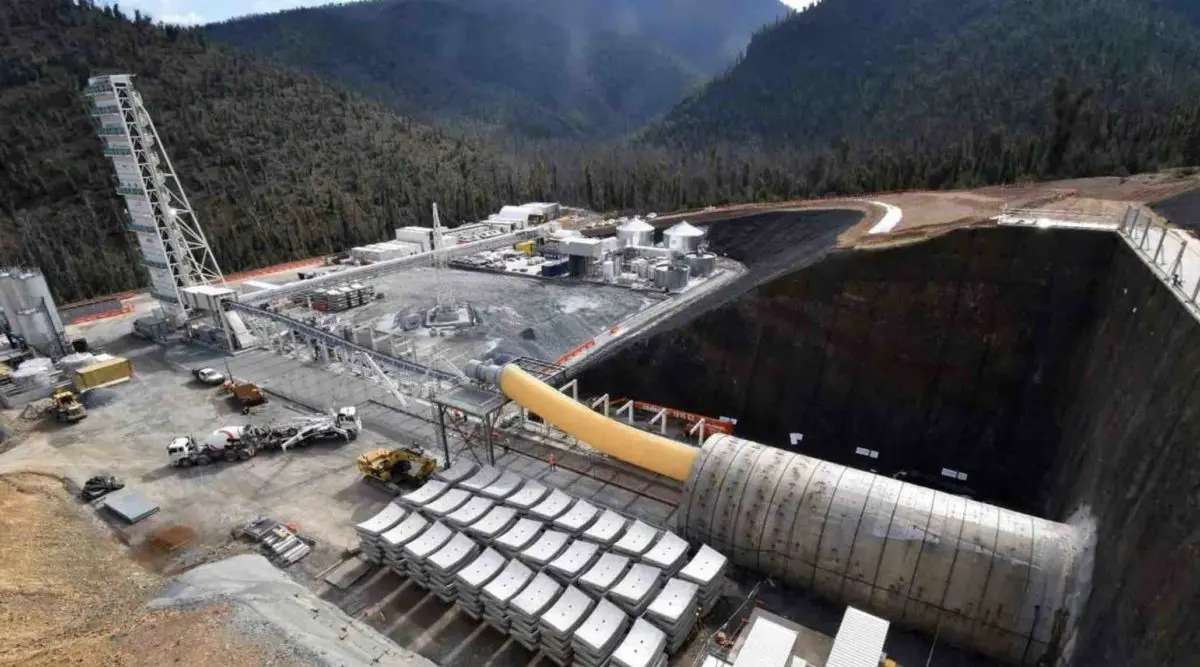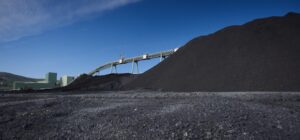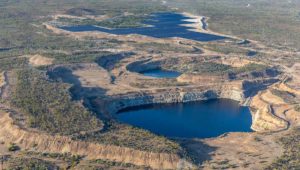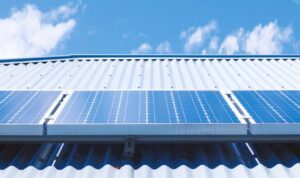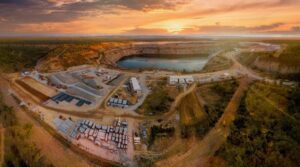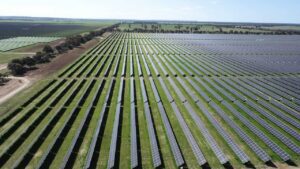The federal government owned Snowy Hydro is failing to meet many of the 125 environment conditions placed on the Snowy 2.0 pumped hydro project with some critical plans more than two years late, according to a searing report by the National Parks Association of New South Wales (NSW).
No progress has been made on biosecurity or threatened fish management plans, and 10 of 16 of these plans are overdue – two by 31 months – and the report paints a stark picture of overall non-compliance with a range of environmental conditions.
Citing independent audits, the NPA report says the Snowy 2.0 project has limited evidence to show it is trying to prevent recurrences of non-compliance raised by previous audits, environmental performance is still an issue, and conditions on weeds control and hygiene processes, and feral animal control aren’t being met.
Furthermore, audit regularity has been changed from every six months to every 18 months.
“Our investigations show that Snowy Hydro and its contractors are not complying with the ‘strict’ environmental Conditions of Approval imposed by the federal and NSW governments,” said NPA CEO Gary Dunnett.
“Environmental plans more than two years late, dozens of non-compliances, environmental performance breaches, failures to undertake corrective actions, and fines for pollution violations.
“Far from the world class project management we were assured would protect Kosciuszko National Park from damage, Snowy Hydro is failing environmental management basics.”
Snowy 2.0 is running billions of dollars over budget, with the latest confirmed figure being $5.9 billion, compared to the $2 billion original quote. That sum is expected to continue rising as the company assess new issues, including the stranding of one of the key boring machines.
In early May, Snowy Hydro revealed the project was delayed by another two years and won’t be commissioned until 2029.
Continual scrutiny
The Snowy 2.0 project is covered by state and federal environmental requirements because of its site in the Kosciuszko National Park, but it is attracting continual scrutiny over damage it is doing to the park.
In April, Snowy Hydro and the main contractor on the project were fined $30,000 for polluting two rivers in the national park, incidents the NSW Environmental Protection Authority (EPA) said “simply should not have occurred”.
More recently the DPIE has placed new conditions on the boring machine ‘Florence’, following the appearance of a 9-metre-deep sinkhole on the surface above it in December 2022.
Snowy Hydro must prepare a modification report to show how it can move the project forward without doing further damage.
And in 2021 the company’s plan to use sites in the national park as a dump for the spoil being removed by the boring machine attracted more negative attention, partly for the paltry $1.65 million fee Snowy Hydro was required to pay but also because of the impact on the formerly pristine park.
The plan to dump spoil in the Talbingo and Tantangara reservoirs is going ahead.
Long list of non-compliance
The latest NPA report outlines a range of iniquities, from the threatened fish management plan which is currently 19 months overdue to a lengthening list of non-compliance findings in each audit.
Threatened fish species stocky galaxias as well as native fish and trout will be threatened by the introduction of Redfin perch and climbing galaxias from the Talbingo reservoir to the Tantangara reservoir.
The specific plan for this was supposed to start a year and a half ago so fish population monitoring can take place, habitat surveys to protect and breed populations of stocky galaxias and Macquarie perch, and monitor and relocate Murray crayfish from development areas.
In addition to the late management plans, the latest audit had 26 findings, half of which were carry-overs from the previous audit, included problems such as a vehicle weed washing station at Tantangara not working, and no evidence of surface water monitoring.
“It is concerning that a significant number of non-compliances remain outstanding more than fifteen months, or longer in some cases, after they were identified, with some not to be rectified for another year,” the report said.

